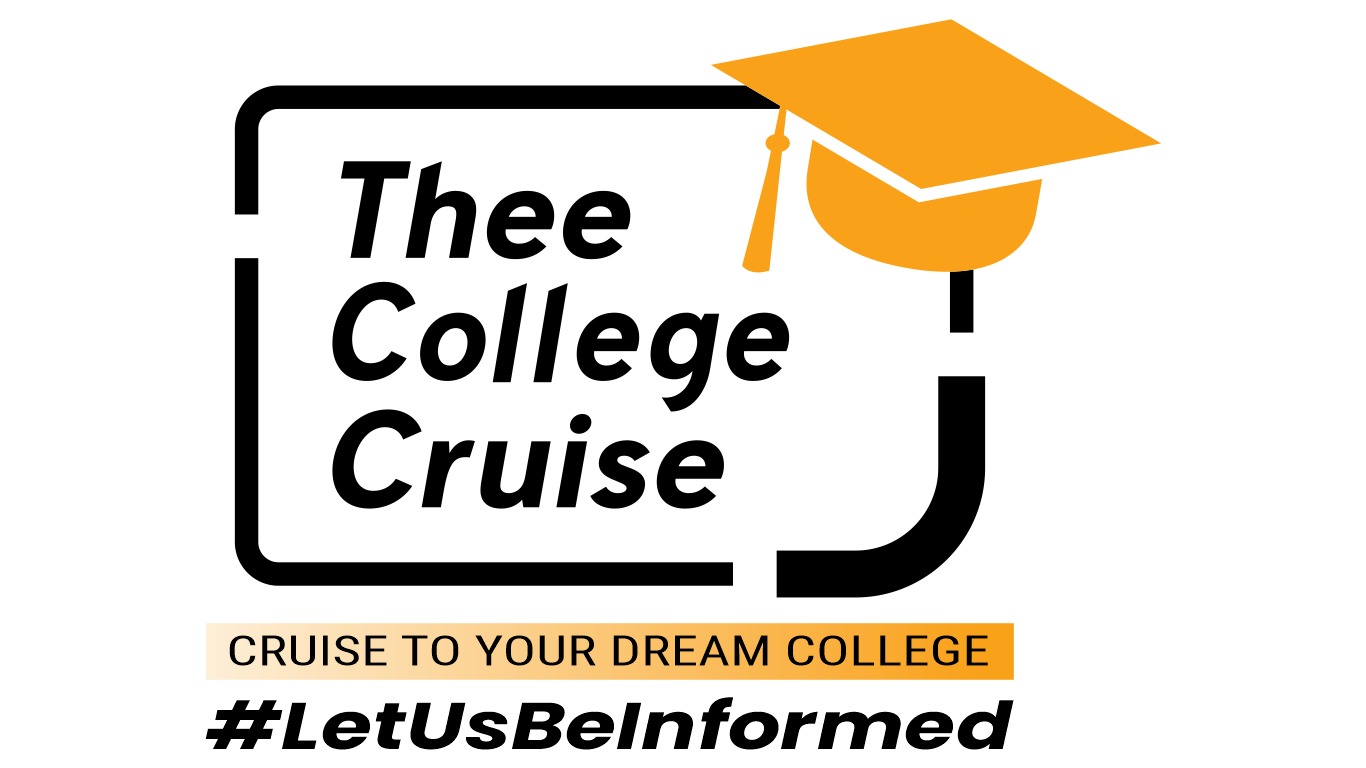Pursuing education in the United Kingdom is a dream for many international students, offering access to world-class universities, cultural richness, and valuable career opportunities. For students wishing to study in the UK, understanding the student visa requirements is crucial. This guide provides comprehensive insights into the UK student visa system, application process, financial requirements, and post-study opportunities.
Understanding the UK Student Visa System
To study in the UK, students generally apply for one of two main types of visas:
- Tier 4 (General) Student Visa: This is for students aged 16 and over who have been offered a place at a recognized institution.
- Short-Term Study Visa: Ideal for students attending short courses or learning English for up to 11 months.
Eligibility Criteria To qualify for a student visa, students must meet certain criteria, including:
- An unconditional offer from a licensed UK university.
- Proof of financial resources to support themselves during their stay.
- Proof of English language proficiency.
Applying for a UK Student Visa
The application process is straightforward but requires careful attention. International students can apply online or at a visa center in their home country. Here’s a breakdown:
- Required Documents: These include your Confirmation of Acceptance for Studies (CAS) from the university, a valid passport, proof of financial support, and evidence of English language proficiency.
- Visa Fees: The standard application fee for the Tier 4 (General) visa is £348, though additional fees may apply for healthcare surcharges.
Visa Interview Process
Once your application is submitted, you may be required to attend a visa interview. This typically involves questions about your study plans, finances, and intentions to return home after completing your course.
Common Interview Questions:
- Why have you chosen this university?
- How will you fund your studies?
- What are your career plans after graduation?
Financial Requirements
To secure a UK student visa, you must show proof that you can support yourself financially. The amount depends on where you’ll be studying:
- In London: £1,334 per month for living expenses.
- Outside London: £1,023 per month for living expenses.
Additionally, having a scholarship or financial aid from your university can make the process easier.
Health and Insurance Requirements
As part of your visa application, you may need to undergo a tuberculosis test, depending on your country of origin. Moreover, international students are required to pay a healthcare surcharge as part of the Immigration Health Surcharge (IHS), which gives you access to the UK’s National Health Service (NHS).
English language proficiency requirements
International students must prove their ability to speak, read, write, and understand English. Accepted tests include IELTS, TOEFL, and PTE Academic, with each institution having specific minimum score requirements.
CAS (Confirmation of Acceptance for Studies)
The CAS is a reference number that confirms your admission to a UK university. Without this, you cannot apply for a student visa. Your university will provide this once you’ve met all their academic and financial conditions.
Post-Study Work Opportunities
One of the major benefits of studying in the UK is the Graduate Immigration Route, which allows international students to stay for up to two years after graduation to seek work. Popular sectors for graduates include finance, engineering, technology, and healthcare.
Dependents and Family Members
In some cases, students may bring their dependents (spouse and children) to the UK. However, this applies only to postgraduate students and those on government-sponsored programs. Dependents must apply for their own visas, and the process can be complex.
Visa Refusal and Reapplication Process
While most applications are successful, visas can be refused for reasons such as insufficient financial evidence or incomplete documentation. If refused, you can reapply after addressing the issues identified in the refusal notice.
Important Deadlines
It’s crucial to apply for your visa early. Applications can be submitted up to six months before the start of your course, and the approval process usually takes about three weeks. Delays can happen, so it’s wise to plan ahead.
Visa Conditions and Restrictions
While studying in the UK, students are typically allowed to work up to 20 hours per week during term time and full-time during holidays. However, engaging in full-time work during study periods could lead to visa violations.
Extending Your UK Student Visa
Students who wish to continue their education in the UK or switch to another academic program can apply to extend their student visa. This extension is subject to meeting financial, academic, and sponsorship conditions.
Permanent Residence Pathways
Studying in the UK can be a step toward permanent residency. Graduates who find employment can apply for a Skilled Worker Visa and, after five years, apply for Indefinite Leave to Remain (ILR), which grants permanent residency.
As a leading study abroad consultant in Dehradun, Thee college cruise offers a comprehensive range of services to ensure a seamless journey for students aspiring to study in the UK. From personalized guidance on university selection, assistance with the visa application process, and securing scholarships to offering IELTS coaching and helping students navigate post-study work opportunities, Thee college cruise is committed to supporting every step of your academic pursuit. Our expertise and commitment make us the ideal partner for those looking to enhance their career prospects through international education.




